Maria Figueroa is going to advise world leaders about climate change
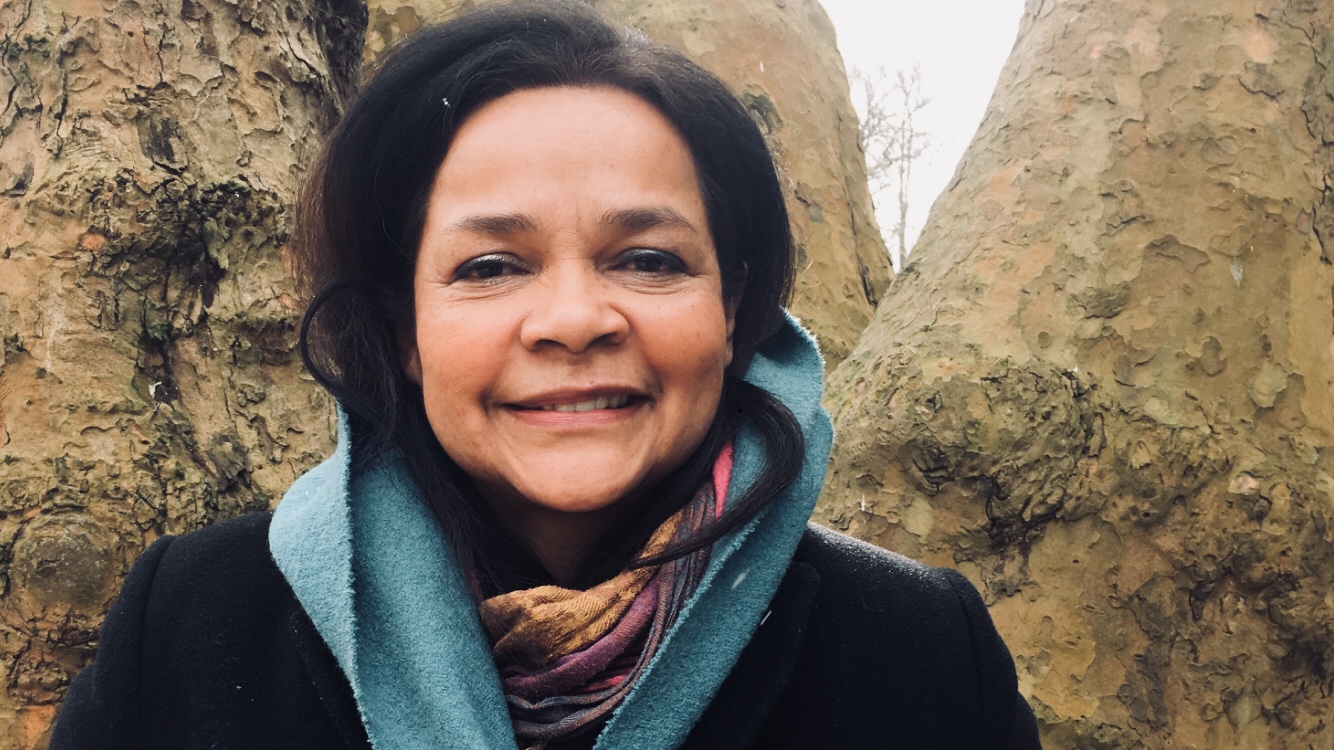
Maria Figueroa, Assistant Professor at the Department of Business and Politics, has been appointed to become one of the lead authors of UN's climate panel's next assessment report on climate change. (Photo: Anne M. Lykkegaard)
Out of a thousand nominees, CBS researcher Maria Figueroa, from the Department of Business and Politics, has been appointed as one of the lead authors of the next assessment report on climate change by the UN’s climate panel, the IPCC. She points out three trends that will ensure a faster transition towards greener societies and encourages everyone to keep a positive attitude towards finding ways to limit climate change.
Usually, when the media produces articles, podcasts, and TV documentaries about climate change, they focus on the negative. Starving polar bears in the North, extreme droughts, and the rising of the sea level.
However, Maria Figueroa, Assistant Professor at the Department of Business and Politics at CBS, refuses to let herself indulge in pessimism. She wants to take action, engage with the local and international community, and come up with research-based ideas on how to improve our cities and societies to become more sustainable.
“We are very smart and we can actively engage with the necessary changes. I want to do that, and I think people should refuse to let themselves be taken over by the pessimistic view of things,” she says.
Now, she has just got a chance to do something actively.
Urban innovations are one of the main sources of optimism for me
Maria Figueroa
Out of 1,000 nominees, she has recently been appointed as one of the lead authors of the next assessment report on climate change for the Intergovernmental Panel on Climate Change (IPCC). The reports are made in order to give the international community and the leaders of the world research-based knowledge on the state of scientific understanding in regards to climate change.
“I was both very surprised and pleased when I received the letter of invitation to become one of the lead authors for the next assessment report,” says Maria Figueroa.
The sixth assessment report, which will be published in 2022, consists of three working groups. Maria Figueroa will be working as one of the lead authors in working group II on mitigation of climate change. She will focus on analyzing trends and drivers that could accelerate or retard the transition path towards a low carbon society.
Trending trends
In her time as a researcher, Maria Figueroa has looked into several trends that might be of great importance for the transition towards a low carbon society. She mentions three trends that she finds worth looking into.
The first trend combines the raise of clean tech renewable energy solutions with access to data, data analytics and use of IT.
“The opportunities here are great in terms of transforming energy systems around the world and to bring affordable and clean energy access to the 1,3 billion people that still are lacking access to basic energy services,” points Maria Figueroa and gives some examples:
“We can develop small scale solar based solutions, and we can use data to make the financial and operational components of these decentralized energy systems work. It has begun to work as a way for closing the energy gap and contributing to reducing poverty and inequality, providing energy access while limiting climate emissions, at the same time tackling several key sustainable development goals,” says Maria Figueroa.
I want to make climate change relevant for people who will engage in this challenge from all walks of life as a local and global citizen
Maria Figueroa
The second trend Maria Figueroa points to are impact investments.
According to her, the field of investment is changing towards a reconsidering on who does the investments and toward what purpose, as it usually will be the banks that make the investments for their customers.
“New investment opportunities are emerging where investors and people in general, can be more directly involved in the decisions and allocation of their investments potentially moving them toward areas with impacts on environmental or societal goals. Examples of these are crowdfunding, more recently through blockchain. This trend can help engage private money toward goals that reduce climate impacts as well,” she says.
The last trend that Maria Figueroa attends in her own work and considers a key area for researchers and policymakers is on cities as laboratories of sustainable solutions and the need for partnerships, multi-stakeholder action and bottom-up initiatives toward achieving the sustainable development goals.
“You can find a great number of sector and locally framed initiatives like urban gardening, bicycling clubs, and new forms of sharing mobility, cooperatives, and pro-environment organizations that actively engage people in improving their quality of life and also limiting climate change. We need to gain a better understanding of synergies between these approaches and their impacts. These urban innovations are one of the main sources of optimism for me,” she says.
A peaceful transformation
Maria Figueroa has previously been involved in various international projects concerning energy systems transitions and climate change. In 2012, she was invited to be part of the Global Energy Assessment, and she has also been involved as lead author toward the 2015 fifth assessment IPCC report, and more recently as contributing author in the special report about 1.5 degrees that will be published in October 2018.
As the IPCC started planning their sixth assessment report, they made a call for lead authors, reviewers, and authors in general. The Danish IPCC bureau submitted Maria Figueroa’s CV, and in February she received the news that she had been selected to become one of the lead authors.
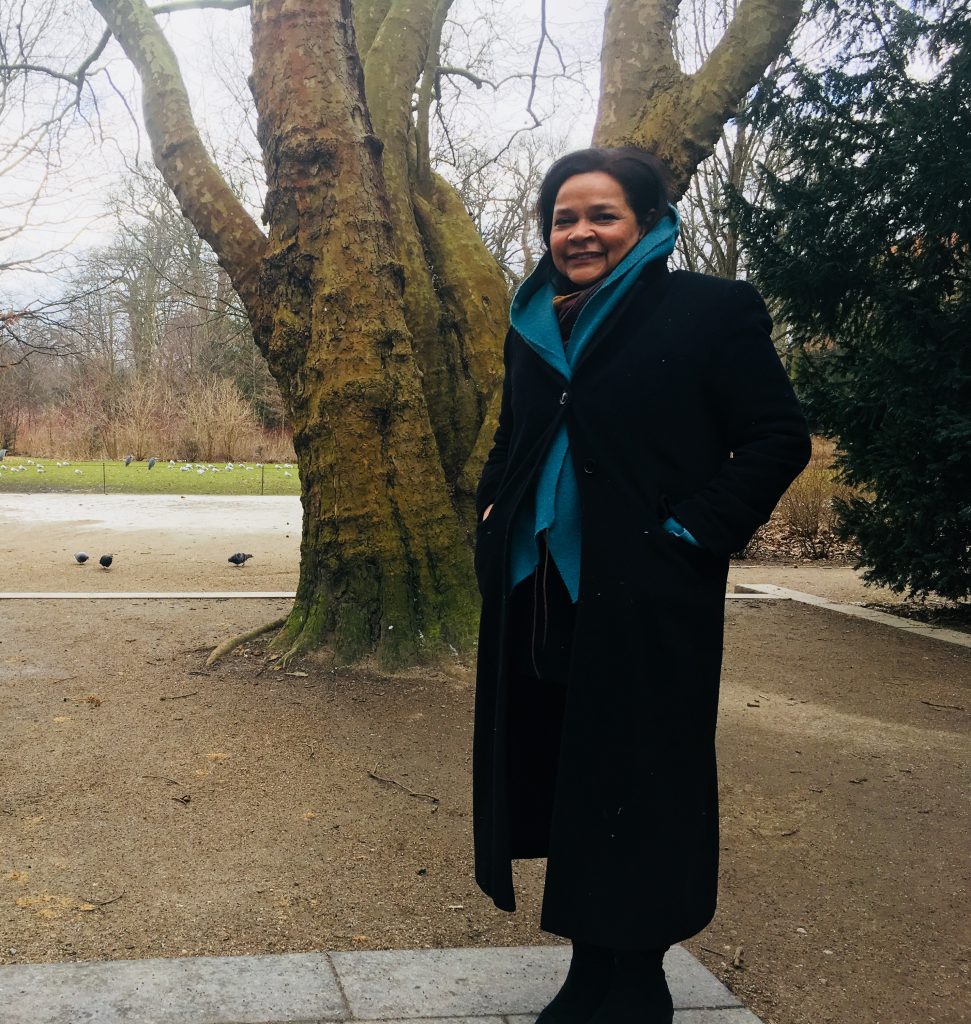
Maria Figueroa is going to work together with researchers from all over the world, as the lead author of parts of IPCC’s assessment report. (Photo: Anne M. Lykkegaard)
As a lead author, it will be her responsibility to summarize the research on trends affecting climate change mitigation, and then to frame the knowledge for the chapter together with other international experts working in the group of lead authors. The reports are open for review and later a summary is submitted for approcal to policymakers.
“I look forward to advancing my research and contributing to informing policymakers about opportunities, solutions, and further research needs to accelerate the transition towards a low carbon society in a peaceful way,” she says.
What does it mean to you as a researcher and a private person to become the lead author of this report?
“It means that I, as a researcher, can contribute more directly to give voice and give recognition to topics linking climate change and sustainable development. As a teacher I would like to engage more students to work in these areas, as a private person and a mother, I’m hoping to engage my own family and more people,” says Maria Figueroa and continues:
“I want to make sure to find ways to engage in communication that not only transmit research-based knowledge, but also directly speak to the many concerns most people have about climate change. I want to make climate change relevant for people who will engage in this challenge from all walks of life as a local and global citizen.”



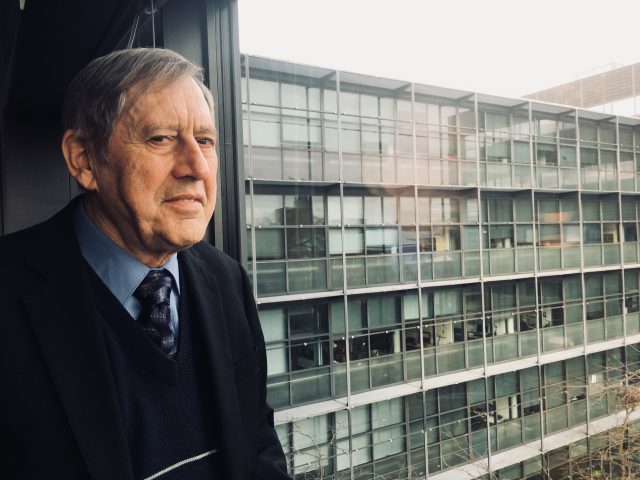
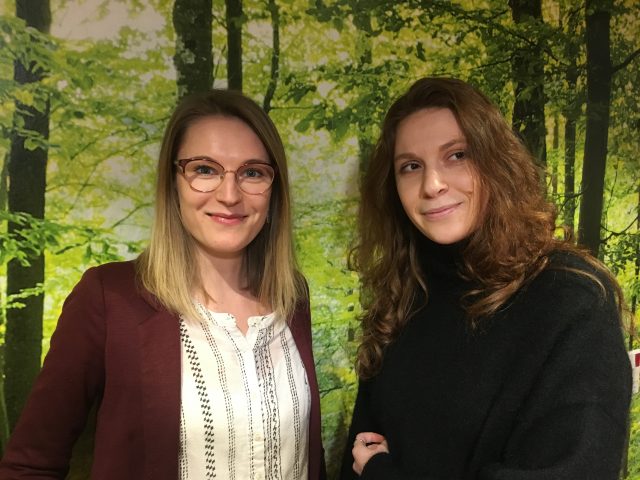
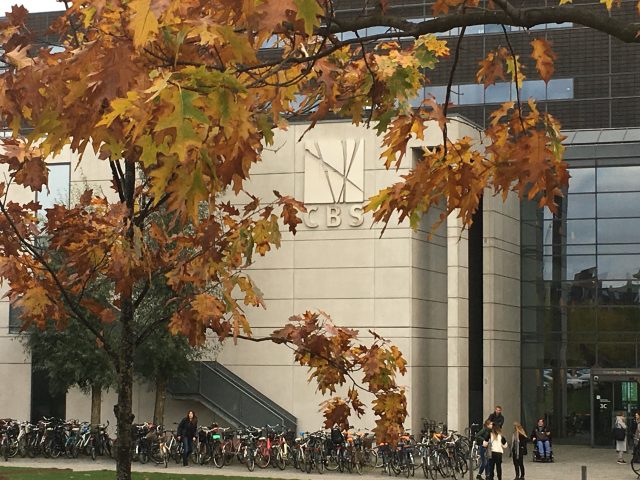
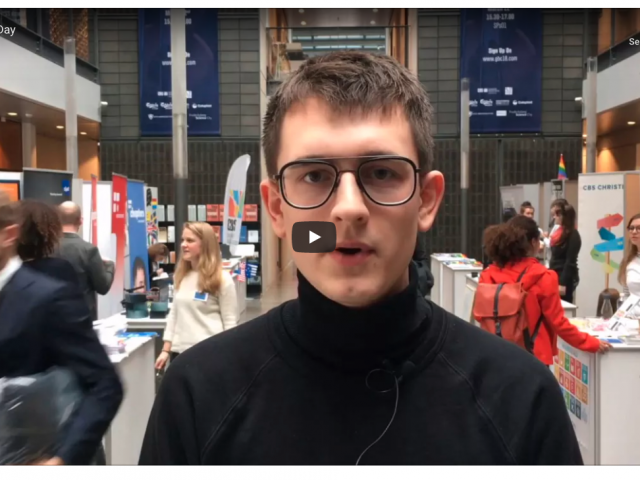
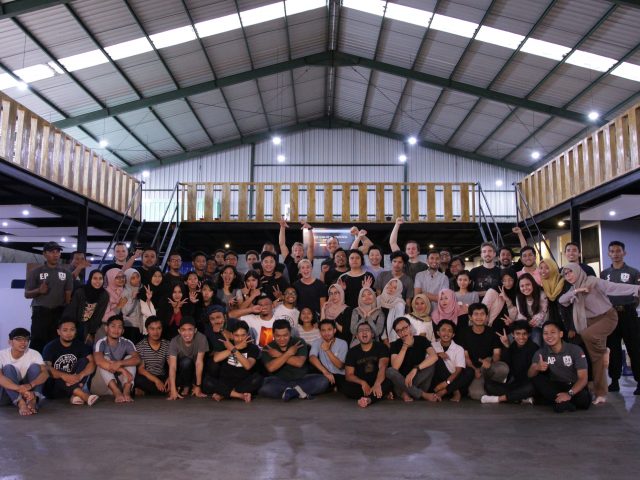




























































































































Comments